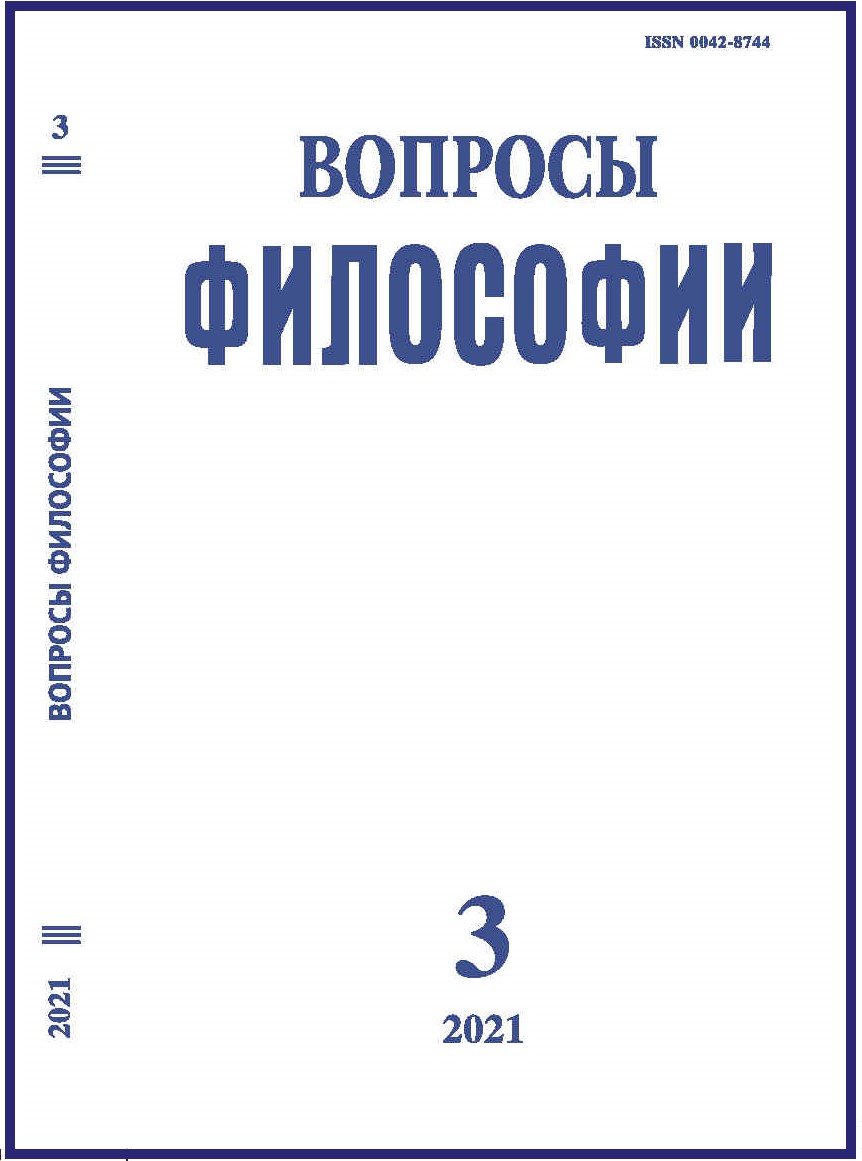Non velut Reges, sed ministros et praecones veritatis: Pastor in the Early Modern Philosophical Discourse
DOI:
https://doi.org/10.21146/0042-8744-2021-3-68-78Keywords:
pastor, priest, Early Modern philosophy, method, subjectivity, truth, authority, eloquence.Abstract
Early Modern philosophy pays some attention to the image of minister of religion. While its anticlericalism is well known, the positive program of pastor seems to be neglected. This article considers the structure and grounds of this positive image, concentrating on the texts of Hobbes, Spinoza and Pufendorf. It argues that the universal and yet subjective natural light turns out to be the key element for the image of pastor. The method of mathematical demonstration allows early Modern philosophers to establish the clear and distinct grounds of morality. They demand the same basis for the pastoral care that should consist of teaching and preaching. The same universal and subjective grounds underlie the division of power and authority between sovereign and individual. Consequently, pastor is deprived of any form of power except for the power of demonstration. The doctrine preached by the pastor should be coherent to the natural light. The use of eloquence or any (other) form of coercion is not allowed for him. Otherwise this doctrine is designated as superstition, i.e. political, moral and epistemic evil. This kind of reasoning brings the pastor under control of instances of the reason (represented e.g. by the philosophers) and the sovereign. Finally, the assumption is made that the structure of this ideal Early Modern pastor sets the limits of rational-legal order of authority of the religious leader.

